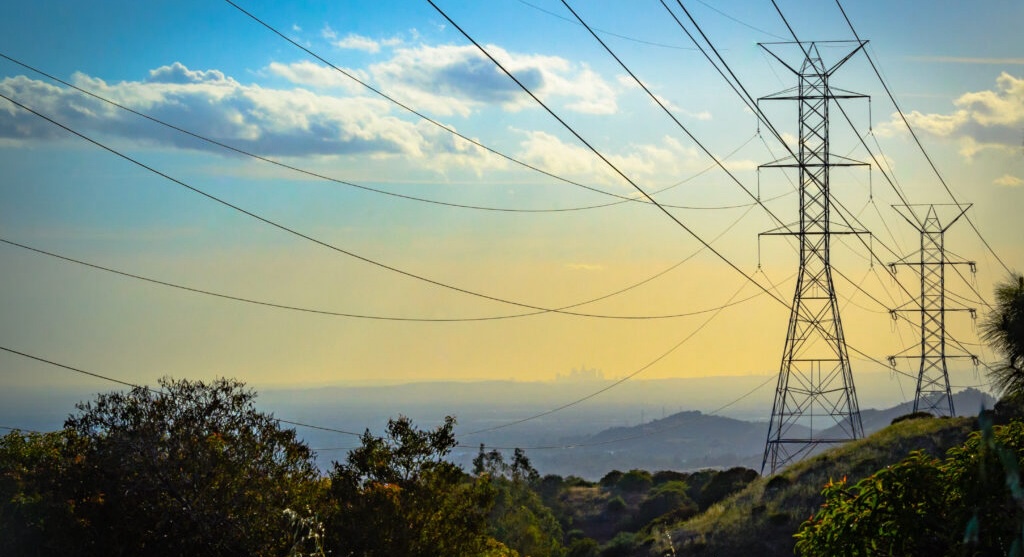Pass the Energy Permitting Reform Act
The Energy Permitting Reform Act delivers a solution for the slow, inefficient permitting process preventing the U.S. from deploying more clean energy and building new power-transmission lines.

The Energy Permitting Reform Act (EPRA) of 2024 seeks to accelerate the permitting process for critical energy and mineral projects of all types in the U.S.
The Energy Permitting Reform Act will enable:
Demand for electricity is growing rapidly, but outdated energy infrastructure and our current energy capacity do not have the capability to meet it.
Our permitting process for energy projects and transmission lines is inefficient, ineffective, and costly.
The newly-introduced Energy Permitting Reform Act aims to improve and streamline the energy permitting process, helping meet growing demand for electricity and strengthen American energy security.
EPRA would help the U.S. to meet the growing demand for electricity, deploy transmission lines to deliver clean & reliable power, and strengthen American energy security.
Permitting
It currently takes on average 4.5 years for an energy project and 7.5 years for a transmission project just to get the required permits needed to build.
Clean energy investments, development, and deployment are being obstructed due to this broken permitting system. Last year, over 60,000 MW of clean energy capacity experienced various permitting delays.
Transmission
The U.S. needs more transmission lines to carry the electricity that powers the nation. However, the current structure for permitting, planning, and paying for transmission lines, which cross state and/or regional boundaries, is unworkable and needs to be reformed. For example:
Federal Lands & Waters
Federal lands and waters have vast potential for renewable energy development to help our nation meet its growing energy needs. It is estimated that there are 2,100 GW of potential energy generation from renewables on Bureau of Land Management lands, and there are more than 58 GW of offshore wind capacity under development on the Outer Continental Shelf.
Offshore wind is a crucial renewable energy resource for the United States. The sector is expected to invest $65 billion in offshore wind projects by 2030, supporting 56,000 new American jobs. Passing EPRA into law will help ensure those goals are reached, if not surpassed.
Federal lands continue to be significantly untapped relative to their potential due to the long, uncertain, and costly permitting delays. These delays negatively affect the economy—throwing off project timelines, domestic supply chains, and the jobs and economic activity that would have otherwise occurred.